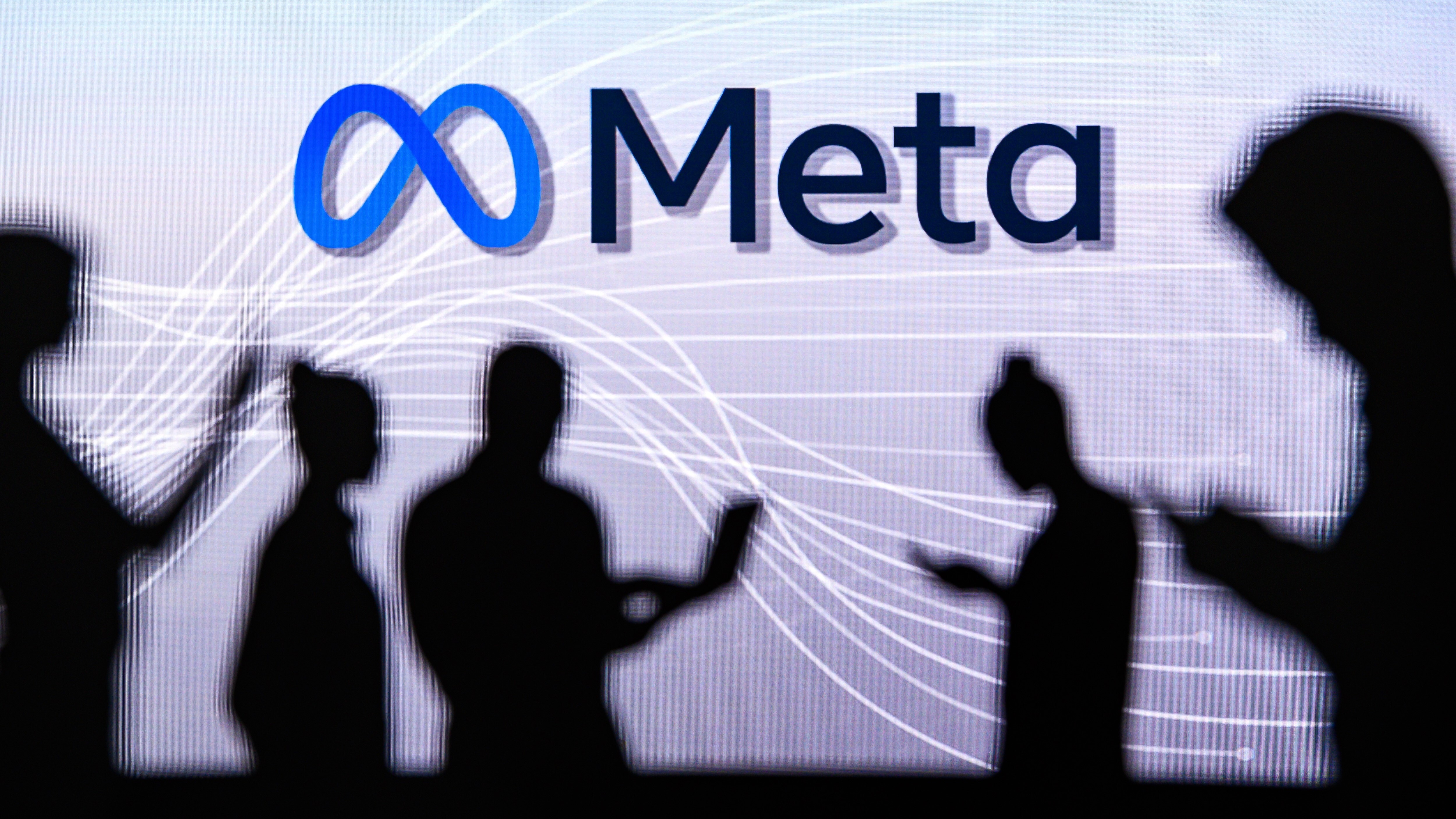Meta defends using pirated material, claims it's legal if you don't seed content
Configuration settings were modified "so that the smallest amount of seeding possible could occur".

Meta claimed in a court filing this week that despite torrenting an 82 TB dataset of pirated, copyrighted material from shadow libraries to train its LLaMA AI models, that employees "took precautions not to "seed" any downloaded files".
The act of Seeding in torrenting terminology refers to sharing a file with other users during, (or commonly after) downloading it. Since torrenting is a peer-to-peer system, every user downloading a file can also upload parts of it to other users.
Meta's lawyers claim that there are "no facts to show that Meta seeded Plaintiffs' books". This means that the company's defense is pinning hopes on the fact that there isn't currently any proof that Meta shared the material during the torrenting process.
Though Meta claims that there is no evidence of seeding, Michael Clark, an executive at Meta in charge of project management testified that the configuration settings they were using were modified "so that the smallest amount of seeding possible could occur".
Following this statement, a question regarding why Meta chose to minimize seeding was asked, attorney-client privilege was invoked so that Clark could not answer.
Interestingly, the statement issued by Clark shows that Meta sought methods to minimize seeding, but has yet to offer up indication that it entirely prevented seeding copyrighted material.
Additionally, an internal message from Frank Zhang, a Meta researcher, could point toward alleged concealment of potential seeding from Meta's servers, to avoid "risk of tracing back the seeder/downloader" to Facebook servers.
Get Tom's Hardware's best news and in-depth reviews, straight to your inbox.
Meta's defense seems to hinge around the lack of evidence around not sharing the large amount of data they have allegedly downloaded to train its AI models. Should Meta win on this defense and prove that downloading copyrighted content isn't illegal, but distribution is, it could shake up future cases of piracy and unauthorized distribution of copyrighted content.
The defense relying on torrenting terminology could also a way for Meta to aim in tripping up courts. Focusing on seeding could further muddy the claim that Meta allegedly knew that it was violating laws by torrenting copyrighted material.
Meta has yet to respond to claims surrounding on whether it knew that it was sharing data during the download process.
Authors allege Meta was "knowing participant" in "illegal peer-to-peer piracy network"
Authors of the copyrighted material alleged to have been obtained by Meta without prior licensing agreements have alleged [PDF] that "Meta's decision to bypass lawful acquisition methods and become a knowing participant in an illegal peer-to-peer piracy network".
With the court battle expected to continue, no final decision around the case has been made. Even following a final decision, it's expected that Meta will attempt to appeal the decision if they were to lose, meaning that final judgements could be a long while away.
But, similar cases do exist. OpenAI was sued by novelists in 2023, with the New York Times also suing OpenAI and Microsoft over "millions" copied news articles. As the long list of LLM-related litigation continues, this is likely not going to be the last we hear from Meta's specific case.

Sayem Ahmed is the Subscription Editor at Tom's Hardware. He covers a broad range of deep dives into hardware both new and old, including the CPUs, GPUs, and everything else that uses a semiconductor.
-
3ogdy So "Getting torrents is legal, just don't upload them to other computers, then."Reply
Oh alright. Thank you, Meta. -
Unolocogringo According to DCMA downloading is illegal.Reply
I think it was $250,000 per file when it was music downloads.
So their fine should be calculated as such.
Companies stealing copyrighted work is no different. -
phead128 Using this logic, DeepSeek's crime therefore is downloading and democratizing knowledge (publishing top weights)! If only they just kept it for their own pleasure instead of making it public! /sarcasm.Reply -
TerryLaze Reply
This defense is not about downloads at all, the article links to the legal document and meta only defends against improper use of the data.Unolocogringo said:According to DCMA downloading is illegal.
I think it was $250,000 per file when it was music downloads.
So their fine should be calculated as such.
Companies stealing copyrighted work is no different.
Like this one.
Section 1202(b) prohibits the “removal or alteration of copyright management information.”
The following is all just my speculation.
If they where seeding someone could argue that others could only download parts and thusly there would have been some "removal or alteration" but if they kept it all as a whole and didn't let anybody else download from them then everything stayed unaltered. -
joartrak Not a company doing something they probably should not be doing. It's only the 15 year old downloading Metallica that catch any grief. Seems like a non issue that will matter because nothing will be done anyway.Reply -
hotaru251 If META would win on that then Piracy just got its biggest ally ever.Reply
Nintendo would be furious.
But no, in fact, downloading content you know is not legal is in fact piracy. -
Heiro78 Reply
In practice it's largely been this way for almost 2 decades. The RIAA is famous for scaring individuals and groups during napster and torrenting days. The letters individuals got weren't for downloading songs but instead for sharing them. ISPs monitor the traffic and had some deal or legal requirement to notify their customers (us individuals) that they must cease and desist the sharing of the songs. Similarly Napster, Megaupload, and piratebay have all been sued for sharing copyrighted material.3ogdy said:So "Getting torrents is legal, just don't upload them to other computers, then."
Oh alright. Thank you, Meta. -
Heiro78 Reply
Here's the another side of it, I don't believe nintendo has sued individuals or groups for downloading their games. Instead it's been the websites or services that have the games available to download. I don't believe if meta should win this argument that it would then allow rom websites to exist without fear of being sued by Nintendo (or any other IP holders) lawyers.hotaru251 said:If META would win on that then Piracy just got its biggest ally ever.
Nintendo would be furious.
But no, in fact, downloading content you know is not legal is in fact piracy. -
nameless0ne This is likely just damage control. They know downloading pirated content is illegal but participating in distribution of pirated contend carries additional penalties.Reply
There were lawsuits where the rights holder would intentionally download content from a single seeder multiple times (like a single mp3 thousands of times). And then they would argue in court that each download is a lost sale with treble damages.